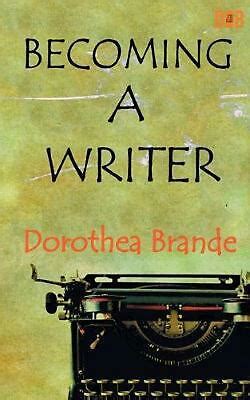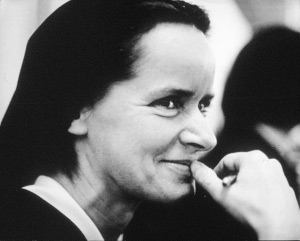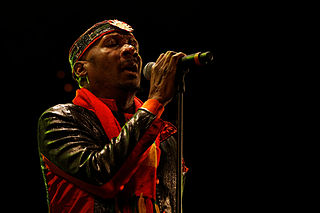A Quote by Jean Piaget
With regard to moral rules, the child submits more or less completely in intention to the rules laid down for him, but these, remaining, as it were, external to the subject's conscience, do not really transform his conduct.
Related Quotes
When you raise a child, you don't sit down and take all the rules of life, write them into a big catalog, and start reading the child all these individual rules from A to Z. When we raise a child, a lot of what we do is let the child experiment and guide the experimentation. The child basically has to process his own data and learn from experience.
It is paltry philosophy if in the old-fashioned way one lays down rules and principles in total disregard of moral values . As soon as these appear one regards them as exceptions, which gives them a certain scientific status, and thus makes them into rules. Or again one may appeal to genius , which is above all rules; which amounts to admitting that rules are not only made for idiots , but are idiotic in themselves.
I love child things because there's so much mystery when you're a child. When you're a child, something as simple as a tree doesn't make sense. You see it in the distance and it looks small, but as you go closer, it seems to grow - you haven't got a handle on the rules when you're a child. We think we understand the rules when we become adults but what we really experienced is a narrowing of the imagination.
Good motives aside, white condescension does more damage than good. White condescension says to a black child, 'The rules used by other ethnic groups don't apply to you. Forget about work hard, get an education, posses good values. No, for you, we'll alter the rules by lowering the standards and expecting less.' Expect less, get less.
The good thing about rules is if you have to do an interview, and you make some rules for that interview, like, "I can only ask him about five years of his life or her life," it narrows down your story. It's the same thing with acting. In my profession, if I say, "These are the rules for this character," all of the sudden, you create life.
The adolescent frequently supposes that she is breaking out of the confines of her mundane, schoolgirl existence simply in order to break rules and defy authority. . . . She rids herself of the "oughts" and "musts" that convert every minor infraction into a sin of omission or commission. It certainly does not occur to her or to her family that by questioning the moral standards she erected as a child she is taking the first steps in her journey toward a firmer, more reasonable, less harsh, more ethical form of conscience.






































